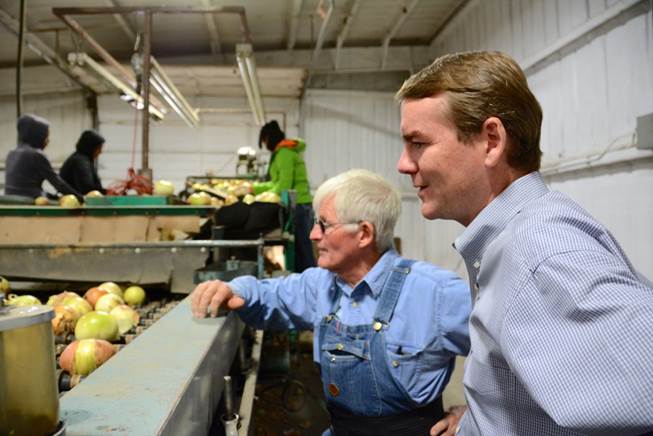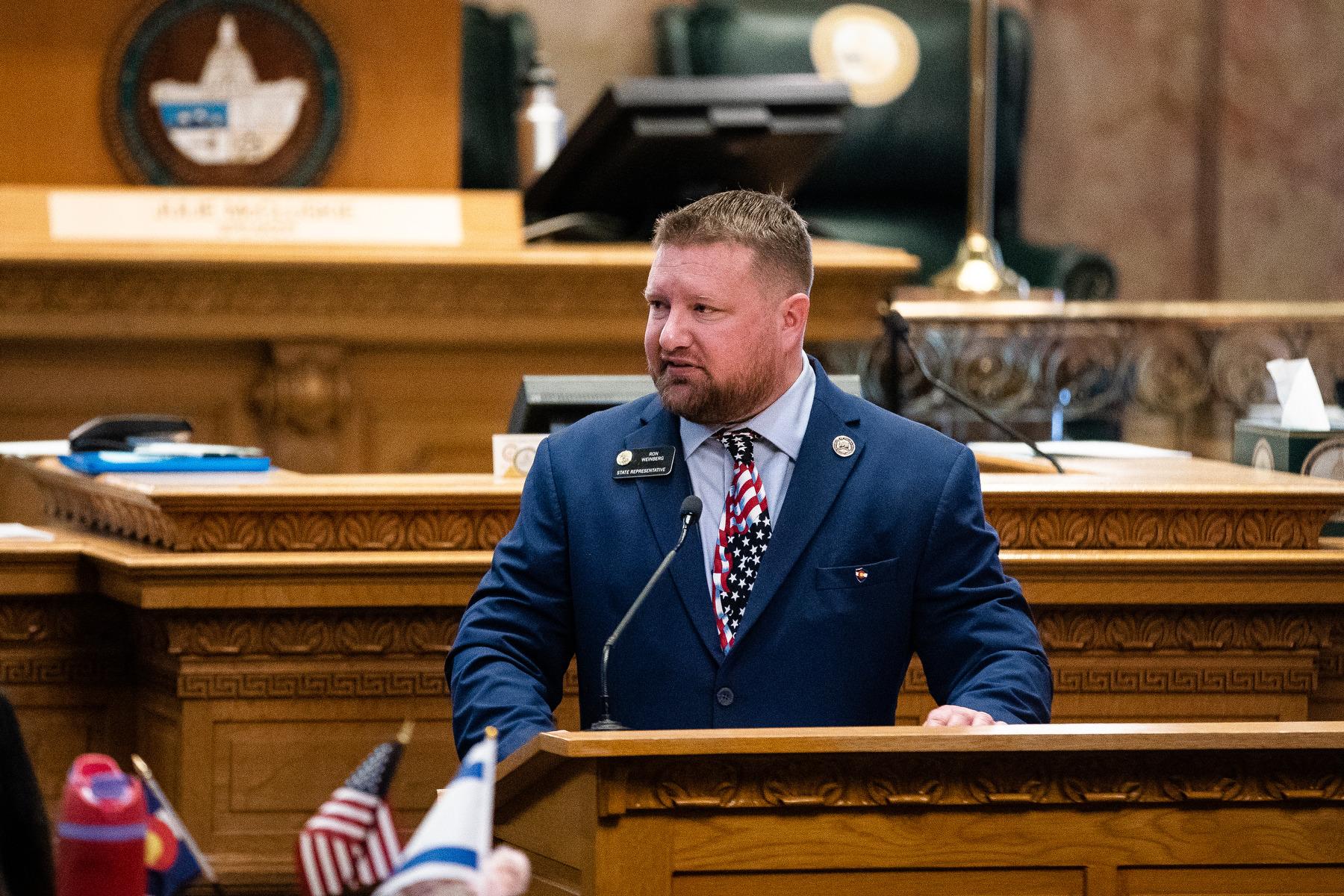
Congress passed the new farm bill earlier this month. It directs the country’s agriculture and food policy.
Interview Highlights:
The 2014 Farm Bill ends direct payments – subsidies given to farmers based on the cropland they have for commodities like wheat and corn – and replaces it with a crop insurance program. What does this mean for farmers in Colorado?
"What it means is that we're getting rid of payments to farmers irrespective of whether they grew crops or didn't grow crops. And what we did is replace them essentially by strengthening crop insurance so that farmers have skin in the game, with the [U.S.] Department of Agriculture, so we know people are protected when there are genuine catastrophes in farm country."
Critics say the crop insurance program gives private industry – the insurance industry, in this case – special treatment. The program is administered by 18 companies that are paid $1.4 billion annually by the government to sell policies to farmers.
"It gives producers the opportunity to be able to share [the] risk, which I think is an important thing if you want to keep food prices low in this country and our food supply secure. It does not mean there's not more reform that should be done."









